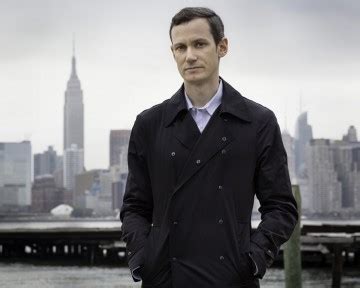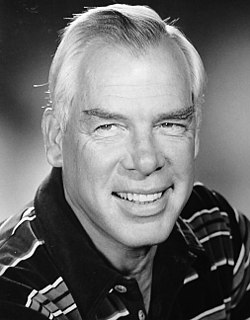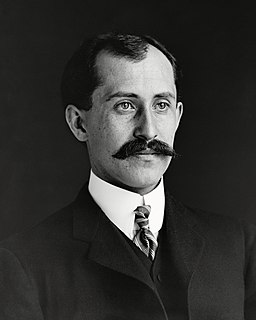A Quote by Brendan I. Koerner
Monorail tracks are prefabricated and can be erected relatively quickly: Simply dig a hole every 120 feet or so, plop down a column, and lift the track into place. Because the systems operate above traffic, collisions with errant motorists are never an issue. The trains are automated, saving millions in labor costs in the long run.
Related Quotes
My music represents walking on train tracks in the middle of the woods, somewhere in the middle of nowhere. You walk down the tracks and you're walking every two tracks, and you've got your headphones on, and on both sides you've got forest, and in your rear is this long line of train tracks that's weaving through the woods. It's a very cool place, to walk along the train tracks because of the rhythm of walking every few feet through the woods. It's a good place to go dream.
Council housing works because it pays for itself relatively quickly: the rent paid by tenants covers the building costs in the long term, and eventually makes a profit for the local authority, which continues to invest in the local area. The money continues to circulate within the community rather than simply boosting the profits of landlords.
Meditation is not contemplation because it is not thinking at all - consistent, inconsistent, crazy, sane. It is not thinking at all; it is witnessing. It is just sitting silently deep within yourself, looking at whatsoever is happening inside and outside both. Outside there is traffic noise, inside there is also traffic noise - the traffic in the head. So many thoughts - trucks and buses of thoughts and trains and airplanes of thoughts, rushing in every direction. But you are simply sitting aloof, unconcerned, watching everything with no evaluation.
Out of all my friends, I believe I'm the only kid whose dad made us work to cut rebars; we laid bricks in construction sites and did other real work every summer for minimum wage. Our dad said that it's important in the future that when we tell people to dig a hole, that you personally know how long it will take to dig that hole.
Science does not rest upon solid bedrock. The bold structure of its theories rises, as it were, above a swamp. It is like a building erected on piles. The piles are driven down from above into the swamp, but not down to any natural or 'given' base; and if we stop driving the piles deeper, it is not because we have reached firm ground. We simply stop when we are satisfied that the piles are firm enough to carry the structure, at least for the time being.
Certain countries long ago succeeded where the U.S. has failed in commercializing their air traffic control systems, putting them in the hands of private or quasi-private operators able to raise capital, charge fees, and invest in growth, free of meddling by congressional pork barons. You want a drone-friendly air traffic control system? This is the place to start. Our FAA isn't blindly anti-drone but simply marooned in a system that still needs thousands of eyeballs gazing at radar terminals and out of cockpit windshields.



































